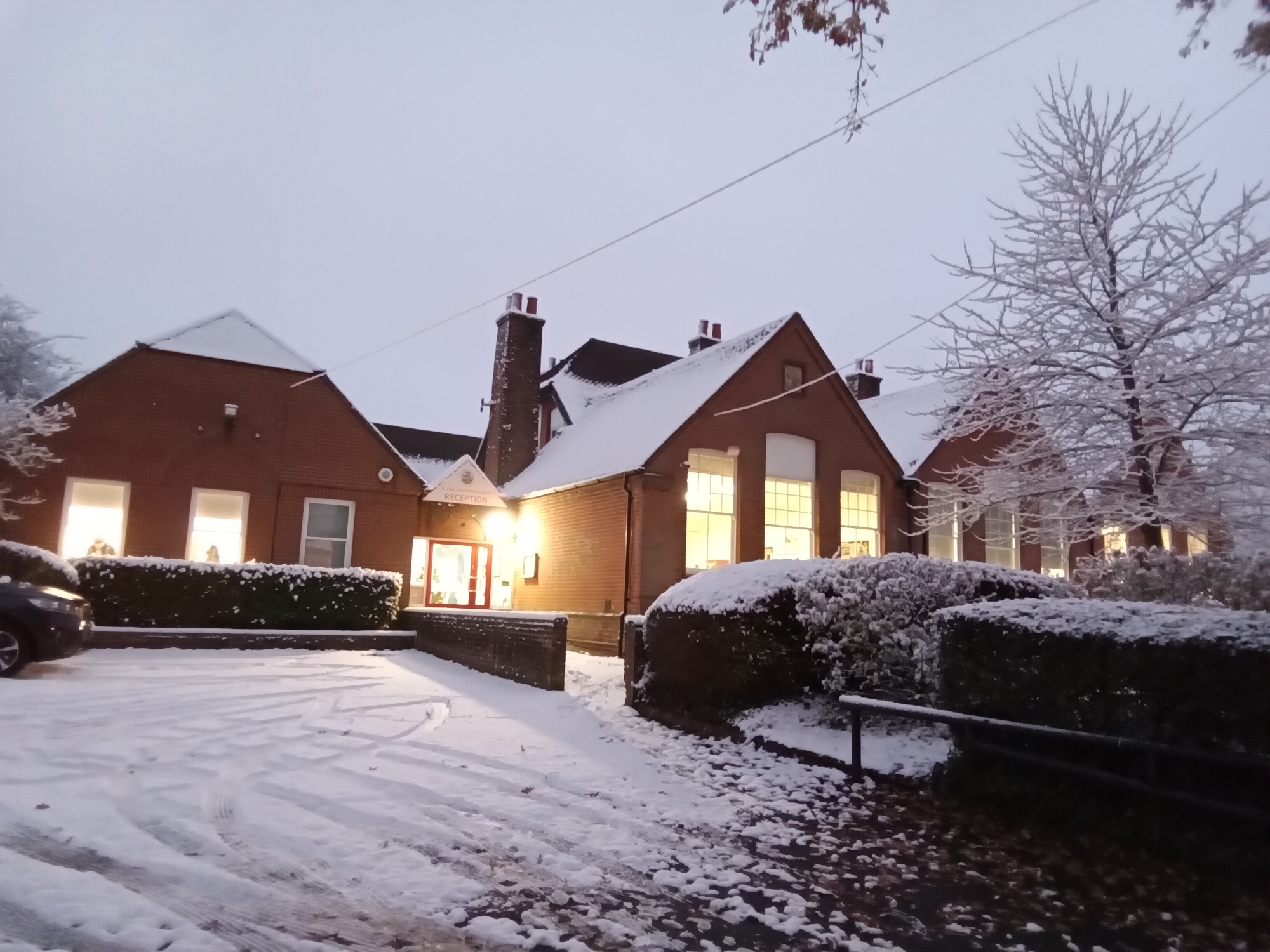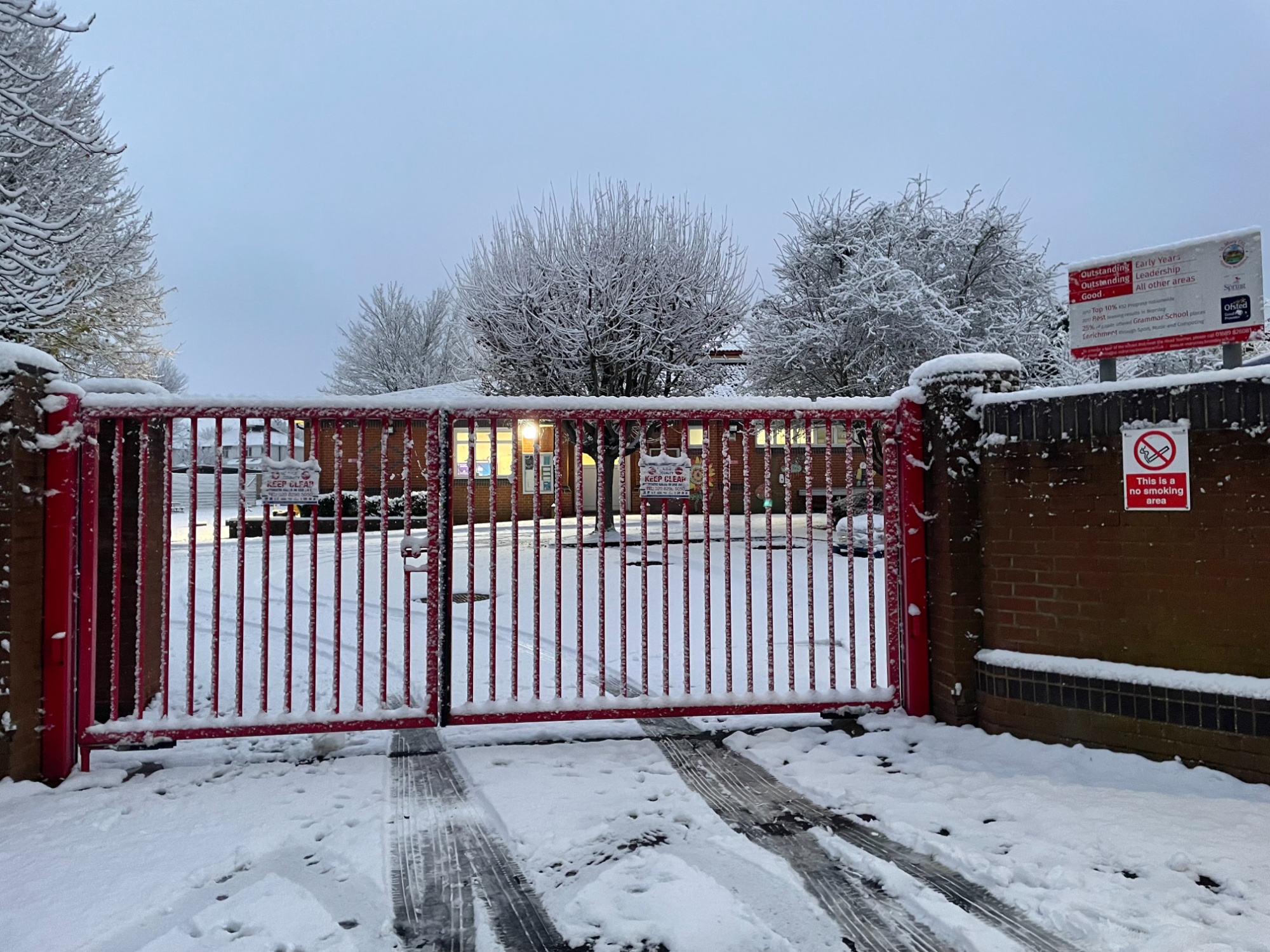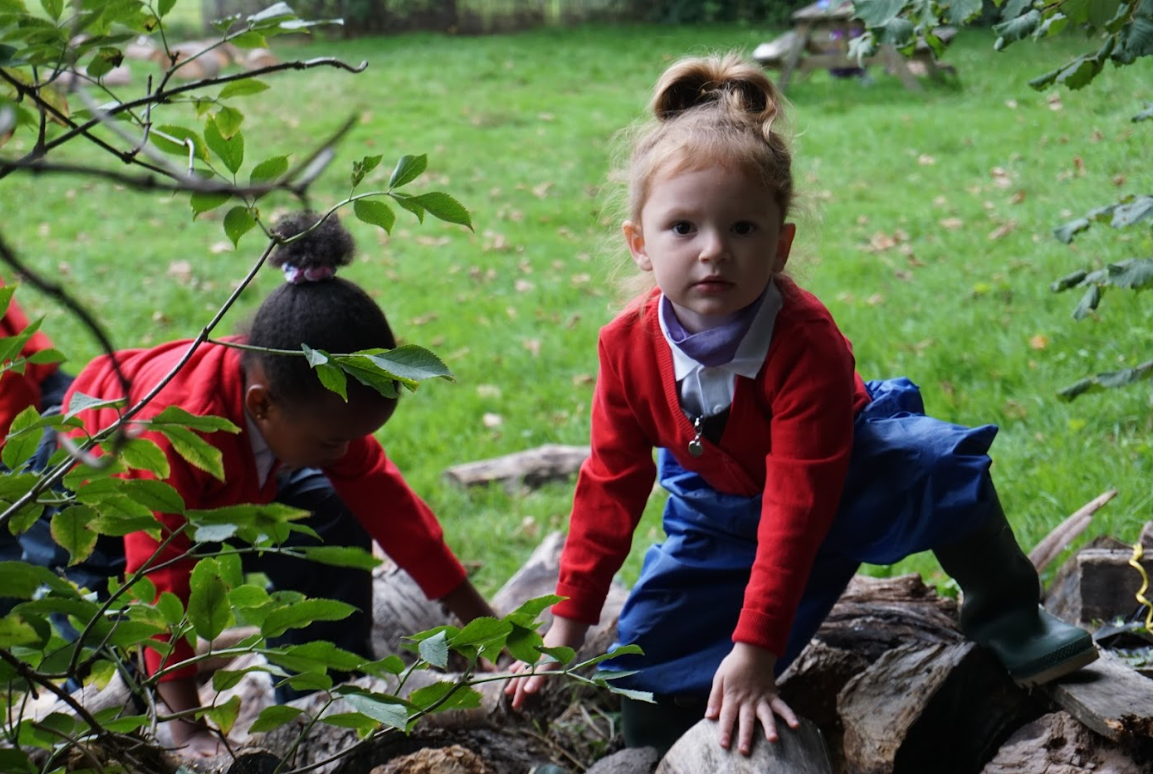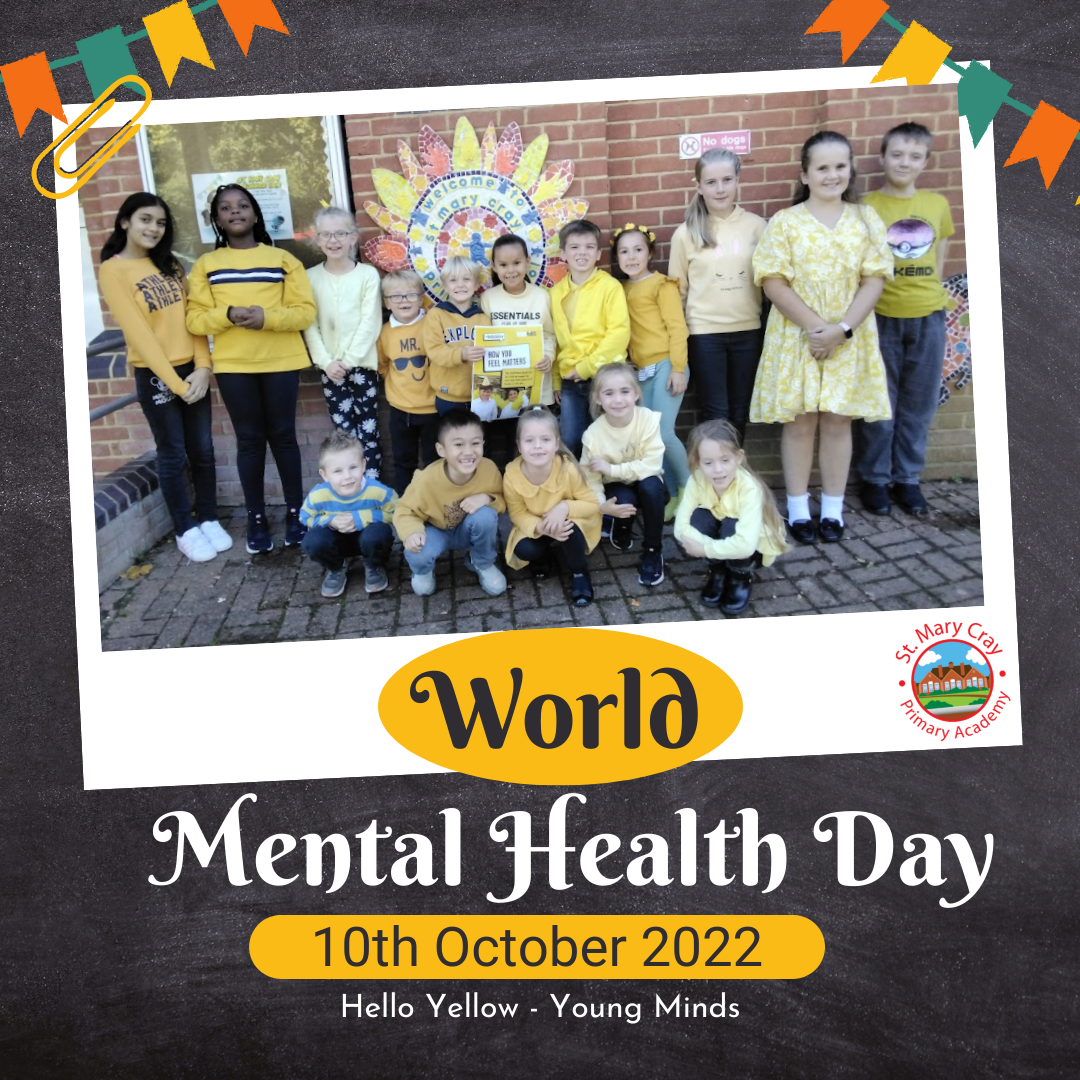RSHE - Relationships, Sex and Health Education
In the second half of the Summer Term we will be teaching the ‘Changing Me’ Puzzle. This helps children learn to cope positively with all sorts of change. In Key Stage 2 they will learn about puberty in this Puzzle. In Key Stage 1 we introduce scientific terminology for body parts, including genitalia, partly for safeguarding reasons and partly to lay the foundations for learning about puberty later.
Health, Relationship and Sex Education
Health and Relationship Education is statutory in all primary schools, and it is recommended that all primary schools have a Sex Education programme that is tailored to the age of the pupils.
The Health and Relationship curriculum content is woven throughout the entire programme of Jigsaw, with a specific focus within the ‘Healthy Me’ and ‘Relationships’ Puzzles.
In the Early Years and Key Stage 1, the focus is on life cycles, valuing our own bodies and learning some vocabulary for the external body parts, that we might use if we needed to talk to an adult such as a nurse or a doctor.
In Key Stage 2, there is a particular focus on the Health Education element of puberty (including menstruation) and the changes that happen inside and outside the body. This is taught in a way that helps pupils feel prepared for the main changes that happen before puberty starts, and to encourage them to talk to an adult at home or at school if they have any questions.
At St Mary Cray, we understand, ‘Sex Education,’ to be about human reproduction, not sexual activity. Under the National Curriculum, the basics of Sex Education fall within the science curriculum; the statutory content requires schools to teach children about human development, including puberty, human reproduction, sexual intercourse, conception, pregnancy and birth. Sex Education is part of our PSHE/RSHE curriculum and we teach it through the Jigsaw ‘Changing Me’ topic. Please note that animal reproduction is a statutory element of the Year 5 Science curriculum and at St Mary Cray, we deliver this (including human reproduction) in Summer 1.
Why is Relationship and Sex Education needed?
-
More than ever before, children are exposed to representations of sex and sexuality through the media/ social media and the social culture around them, so we need to present a balanced view of RSHE and help them to be discerning and stay safe.
-
Research consistently shows that effective RSHE delays first sexual experience and reduces risk- taking.
-
Surveys of children and young people, as well as Ofsted, have repeatedly told us that RSHE tends to be “too little, too late and too biological”
Aims for teaching RSHE:
-
To enable young people to understand and respect their bodies, and be able to cope with the changes puberty brings, without fear or confusion.
-
To help young people develop positive and healthy relationships appropriate to their age, development etc. (respect for self and others).
-
To support young people to have positive self-esteem and body image, and to understand the influences and pressures around them.
-
To empower them to be safe and safeguarded
The right to withdraw
As parents you have the right to withdraw your child from the non-statutory elements of our teaching. These will be the lessons on human reproduction. You are unable to withdraw your child from any lessons within Relationship or Health Education (this includes puberty and menstruation).
What will my child be taught about puberty and human reproduction?
The Jigsaw unit ‘Changing Me’ is taught in the Summer Term and contains 6 pieces (lessons). Each year group will be taught appropriate to their age and developmental stage. This content will be taught by the class teachers. We will not teach beyond the remit of the year group. If questions are asked that the teacher feels are inappropriate or are beyond the content for that year group, the teacher may ask the child to ask their parent/carer, or the teacher may acknowledge the question and explain that we will learn about that aspect at another time.
Please find below links to knowledge organisers, lesson plans and other resources with further information regarding RSHE.






